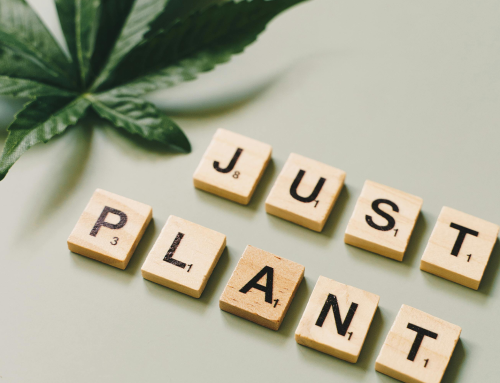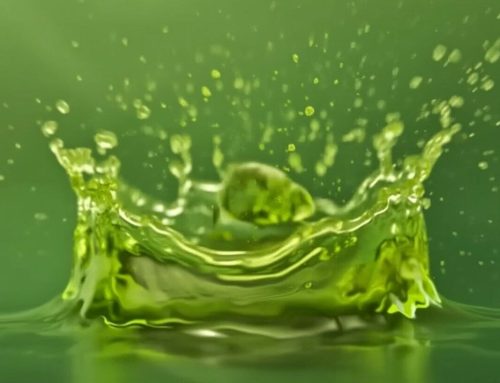Legislative Wave Follows Growth of Hemp-Infused Beverage Market
LOS ANGELES- The market for hemp-derived cannabis beverages has expanded rapidly since the 2018 federal legalization of hemp, reaching an estimated value of over $1 billion today and projected to exceed $30 billion by 2035. These ready-to-drink products—including seltzers, tonics, and teas infused with cannabinoids such as delta-8 and delta-9 THC—are sold outside traditional dispensaries, attracting health-curious consumers as well as sober-curious drinkers. Their broad availability has also drawn interest from established alcohol distributors and craft brewers seeking to enter the nascent sector.
In response to this unregulated proliferation, more than 80 legislative proposals have been introduced across at least 30 states this year aimed at restricting or banning intoxicating hemp beverages. California and New York have already enacted permanent or emergency bans on hemp-THC drinks, citing concerns over unmonitored potency and minors’ access. Lawmakers in other jurisdictions are drafting alcohol-style regulations—such as limiting THC per serving and restricting sales to age-controlled outlets—to align hemp drinks with existing beverage-alcohol frameworks.
Industry participants are urging a standardized national framework to reduce confusion and curb illicit products. The Hemp Beverage Alliance, an industry group founded in 2023, is collaborating with alcohol wholesalers to secure shelf space in liquor-store chains and bars. “When hemp beverages are placed alongside other age-restricted products, they perform on par with craft beer and hard seltzers,” said Christopher Lackner, the alliance’s president and CEO.
Market research firms report that U.S. sales of hemp-derived THC beverages reached approximately $382 million in 2024 and are forecast to approach $750 million by the end of this year. These figures underscore growing consumer acceptance of low-dose, sessionable cannabis experiences presented in familiar beverage formats.




































